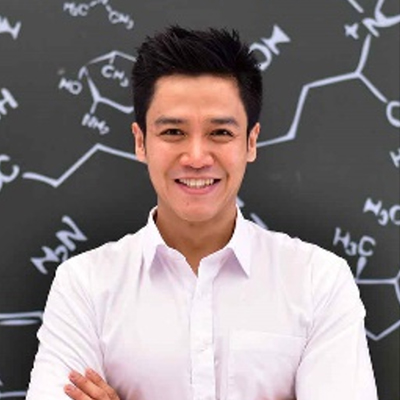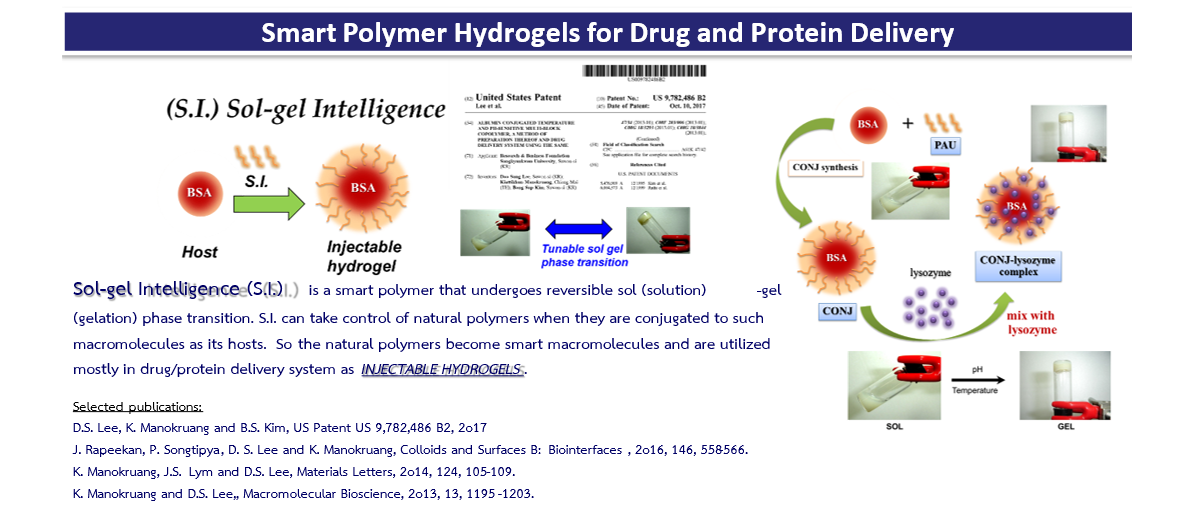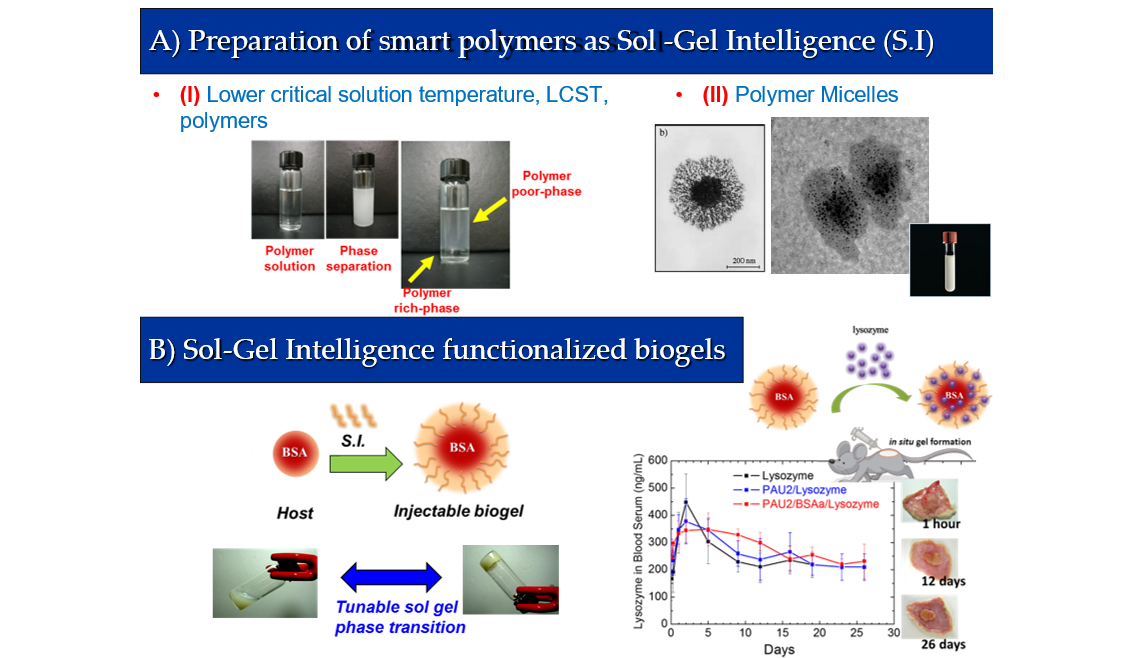
Kiattikhun Manokruang
Associate Professor
Department of Chemistry, Faculty of Science CB-1212, Chemistry I Building, Chiang Mai University Chiang Mai, Thailand, 50200
Email Address
kiattikhun.m@cmu.ac.th
Phone Number
+66-53-943-341
Education
BSc. (Chemistry) - Chiang Mai University, Chiang Mai, Thailand
MSc. (Chemistry) - Chiang Mai University, Chiang Mai, Thailand
PhD. Materials Science and Engineering (Polymer Science Option) - The Pennsylvania State University, U.S.A.

